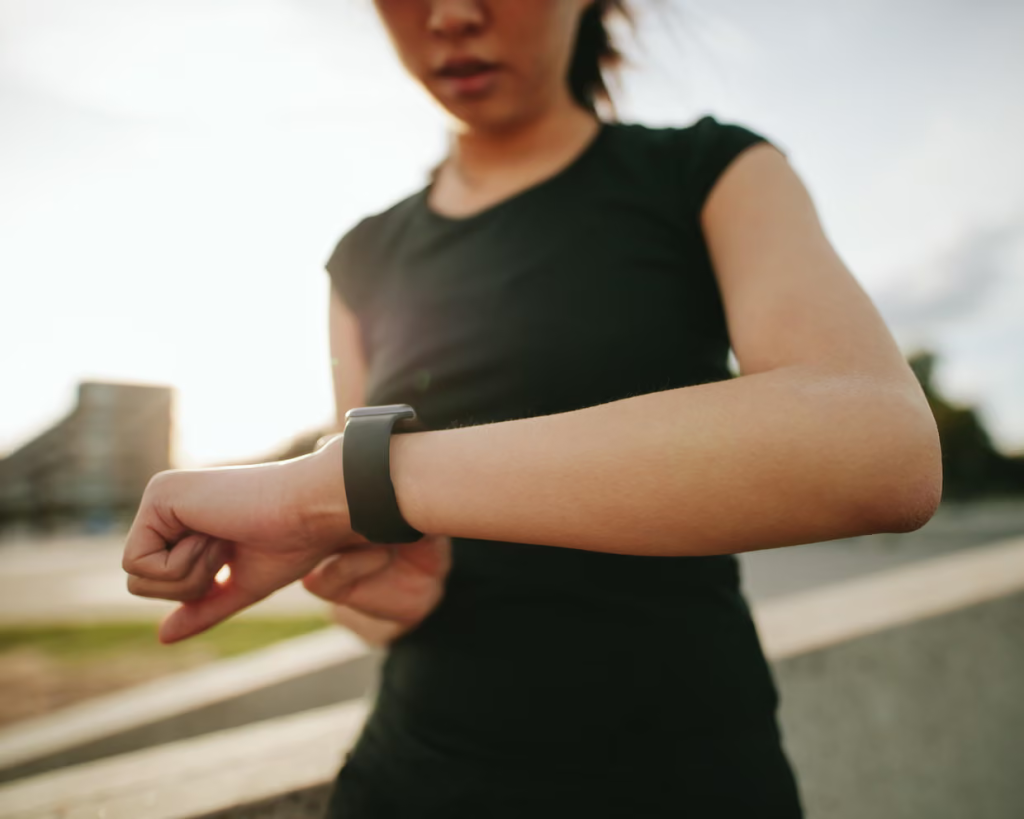Think your smartwatch can tell when you’re stressed? Think again.
A new study says those sleek little gadgets on our wrists might be more drama queens than doctors.
Flagging you as “overworked” when you’re actually just thrilled to see an old friend.
Researchers tracked 800 young adults for three months, asking them four times a day how stressed, tired, or sleepy they felt.
Then comparing that to data from their Garmin vivosmart 4 watches.
The verdict? Stress readings from the watches were “basically zero” in accuracy, says study author Eiko Fried.
He recalls his own watch labeling him stressed during gym workouts and a lively wedding chat.

Why The Mismatch?
Heart rate, the watch’s main stress gauge, spikes for anxiety—but also for joy, excitement, and, yes, even sexual arousal.
Sleep tracking fared better, with clear links between reported rest and recorded hours, while fatigue measurements landed somewhere in the “meh” zone.
Fried’s advice? “Be careful and don’t live by your smartwatch—these are consumer devices, not medical devices.”
The findings feed into bigger research on whether wearables can help predict depression.
But until they’re sharper at telling excitement from exhaustion, maybe take your stress alerts with a pinch of salt… and a deep breath.





